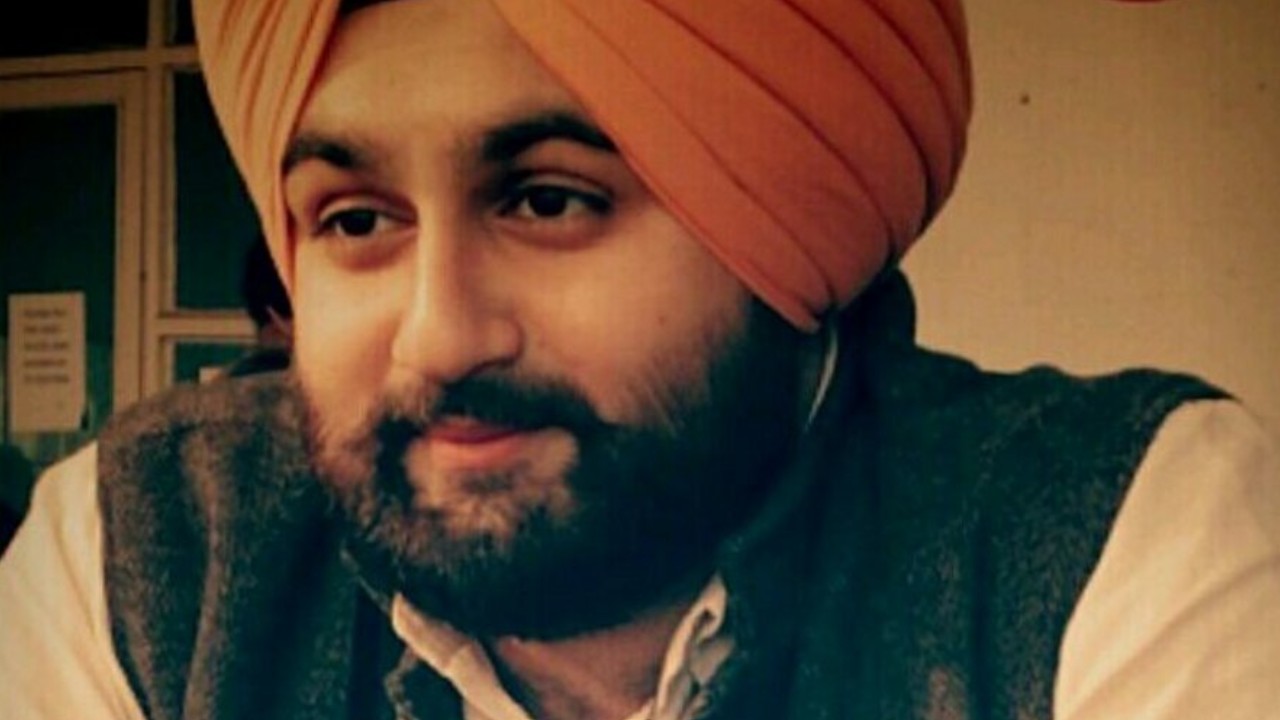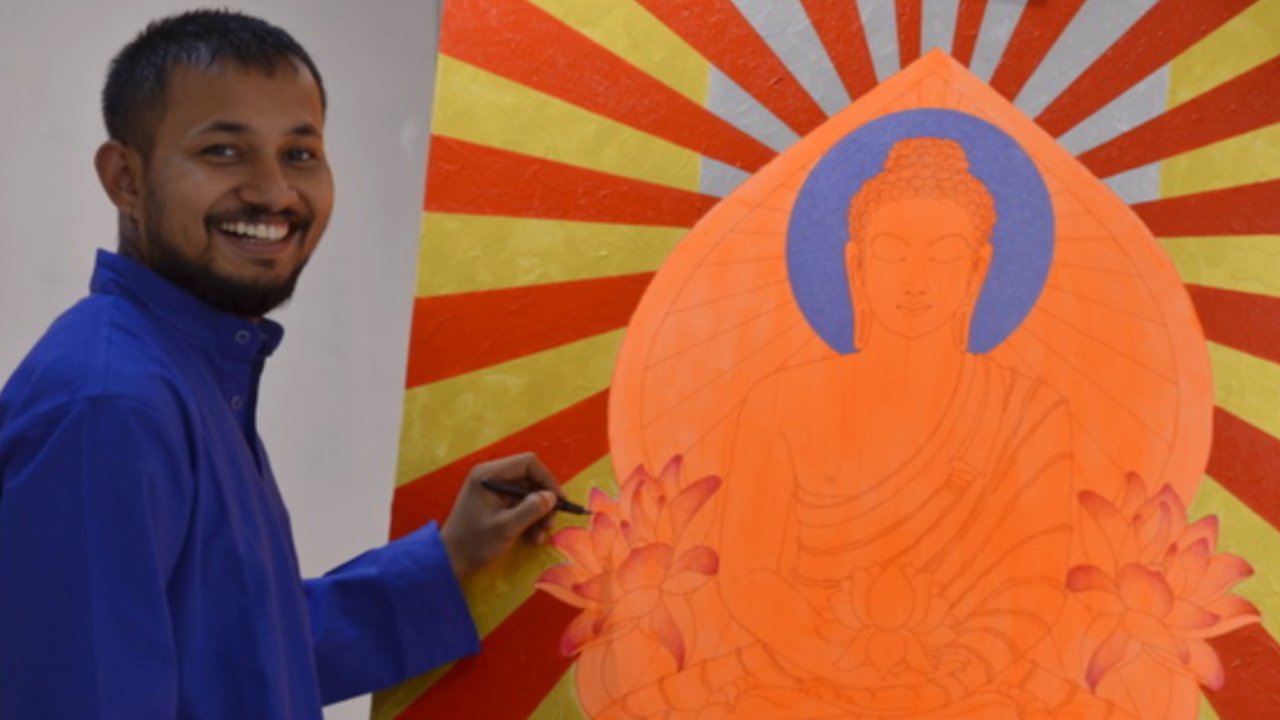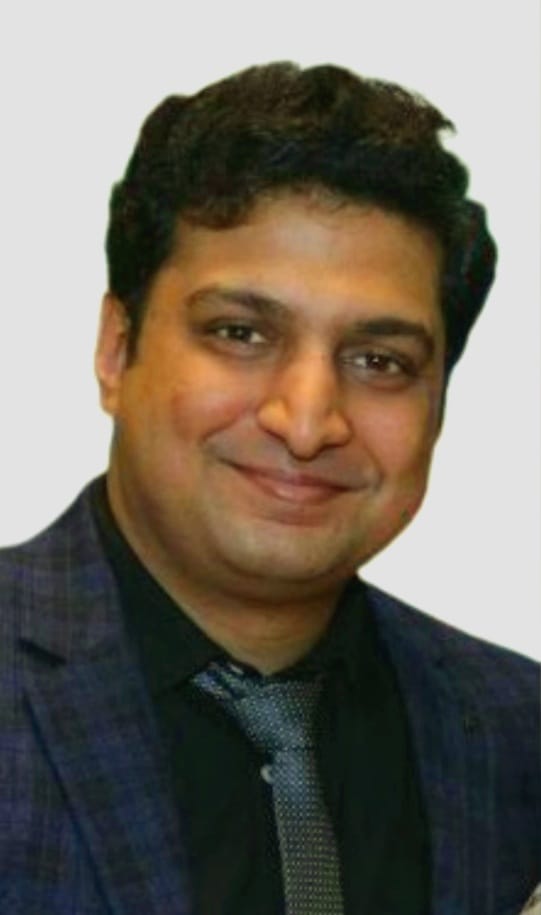Prof. (Dr.) Satya Gopal Jee, serving as both the Professor and Head of the Department of Psychology and Acting Principal at DAV PG College, Banaras Hindu University, boasts an impressive tenure of 28 years dedicated to teaching and research. Throughout his illustrious career, he has overseen the successful completion of one post-doctoral thesis, guided 31 PG dissertations, and mentored three PhD candidates at DAV PG College. Dr. Gopal’s scholarly contributions extend beyond academia, with the authorship of five books, eight book chapters, and the publication of 55 research papers in esteemed national and international journals and books. In recent years, Dr. Gopal has focused his research efforts on pivotal topics such as Alzheimer’s disease, dementia, autism, and cognitive impairments.
In an exclusive dialogue with The Interview World, Prof. (Dr.) Satya Gopal Jee delves into the multifaceted dimensions of Alzheimer’s disease, elucidating early signs, causes, contributing factors, and treatment protocols. Below encapsulates the salient points distilled from his illuminating discourse.
Q: How does Alzheimer’s disease manifest in individuals, and what are its impacts on human cognition and daily functioning?
A: Alzheimer’s disease, a brain disorder, progressively deteriorates memory, thinking, and reasoning skills. It stands as the most prevalent type of dementia, a broad term encompassing conditions wherein brain function declines. This ailment instigates issues in memory, cognition, and behavior. Initially, dementia symptoms may manifest subtly, yet as the disease advances, symptoms exacerbate. The pace of deterioration varies among individuals, but typically, those afflicted with Alzheimer’s endure for approximately eight years post-symptom onset. In India, over 4 million individuals grapple with some form of dementia. Globally, the tally surpasses 44 million, rendering dementia an urgent global health crisis demanding attention.
Q: How can one identify the early signs of Alzheimer’s disease?
A: In the early stages of Alzheimer’s disease, a prevalent indicator is the inability to recall recently acquired information. Additionally, individuals may struggle to remember significant dates or events, repetitively asking the same questions. They increasingly lean on memory aids to compensate for fading recollection.
Moreover, challenges arise in problem-solving and completing once-familiar tasks. Confusion regarding time, place, and individuals becomes apparent. Understanding visual stimuli becomes problematic, as does expressing oneself verbally or in writing. Objects are frequently misplaced, and retracing steps becomes a lost skill.
Furthermore, judgment becomes impaired, leading to withdrawal from both work and social engagements. Mood swings and shifts in personality emerge as further indications of the disease’s progression.
Q: How do various factors contribute to the development of Alzheimer’s disease?
A: Alzheimer’s disease arises primarily from cell degeneration in key regions of the brain, including the frontal and temporal lobes, hippocampus, and neocortex. This degeneration is also characterized by the presence of neurotic plaques and neurofibrillary tangles. Additionally, the depletion of acetylcholine, a neurotransmitter crucial for memory and learning processes, contributes to the progression of the disease. Furthermore, ventricular enlargement and disruptions in the brain’s oxygen and nutrition supply also play significant roles in the development of Alzheimer’s.
Q: How do various factors contribute to the development of Alzheimer’s disease?
A: Advancing age stands as the primary risk factor for the onset of Alzheimer’s disease. Typically, individuals aged 65 or older face the highest risk of diagnosis. Conversely, there exists a rarer form known as younger-onset Alzheimer’s, impacting those under the age of 65. Research suggests that up to 5% of Alzheimer’s cases belong to this category. Unfortunately, younger-onset Alzheimer’s often goes undiagnosed initially. Additionally, individuals with a parent or sibling afflicted with Alzheimer’s carry a heightened risk of developing the disease themselves compared to those without such familial history.
Moreover, stress emerges as another significant factor linked to the onset of dementia and Alzheimer’s. Specifically, individuals exhibiting traits of cynicism, neuroticism, or depression face an elevated susceptibility to the disease.
Q: How can individuals with Alzheimer’s access effective treatment processes to manage their symptoms and improve their quality of life?
A: Currently, no treatments exist to halt or mitigate the brain damage inflicted by Alzheimer’s disease. However, certain medications can offer temporary relief by enhancing symptoms of dementia in some individuals. They achieve this by elevating neurotransmitter levels within the brain. Additionally, rehabilitation techniques like cognitive rehabilitation and neurorehabilitation show promise in addressing cognitive decline.
Q: What strategies and initiatives can effectively combat the social stigma surrounding Alzheimer’s disease?
A: Let’s unite to combat the detrimental effects of stigma. It all begins with education. Understanding the realities of dementia empowers you to confront misconceptions head-on. By disseminating your knowledge, you actively diminish the harmful stigma surrounding individuals with dementia, their families, and caregivers. Our goal is to create a supportive environment where those affected by dementia and Alzheimer’s can seamlessly integrate into society and engage with others.









